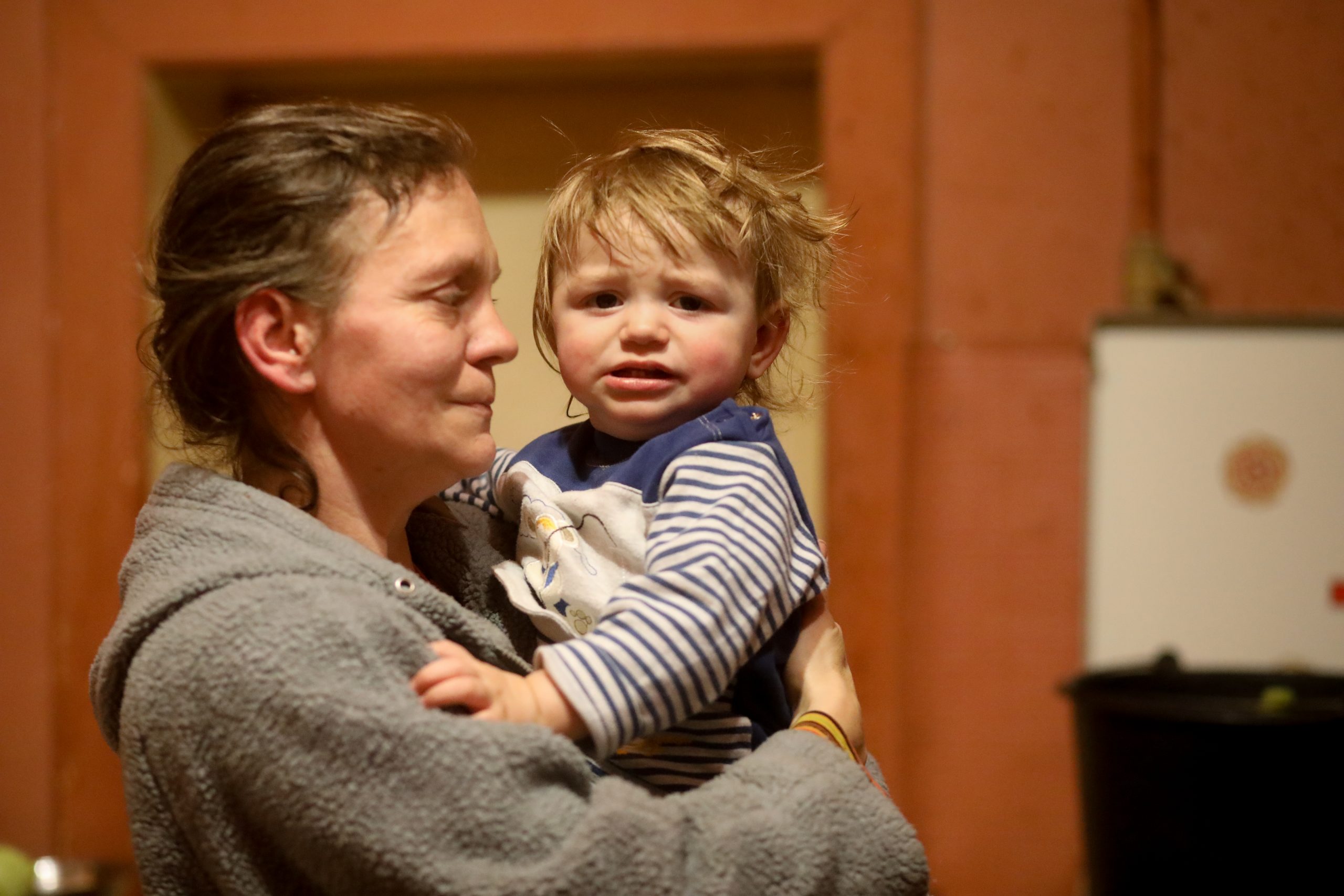
"From brothers we flee, strangers take us in." With these words, an elderly woman from Kyiv addressed Cardinal Czerny at the Catholic Caritas aid center for refugees.Continue reading
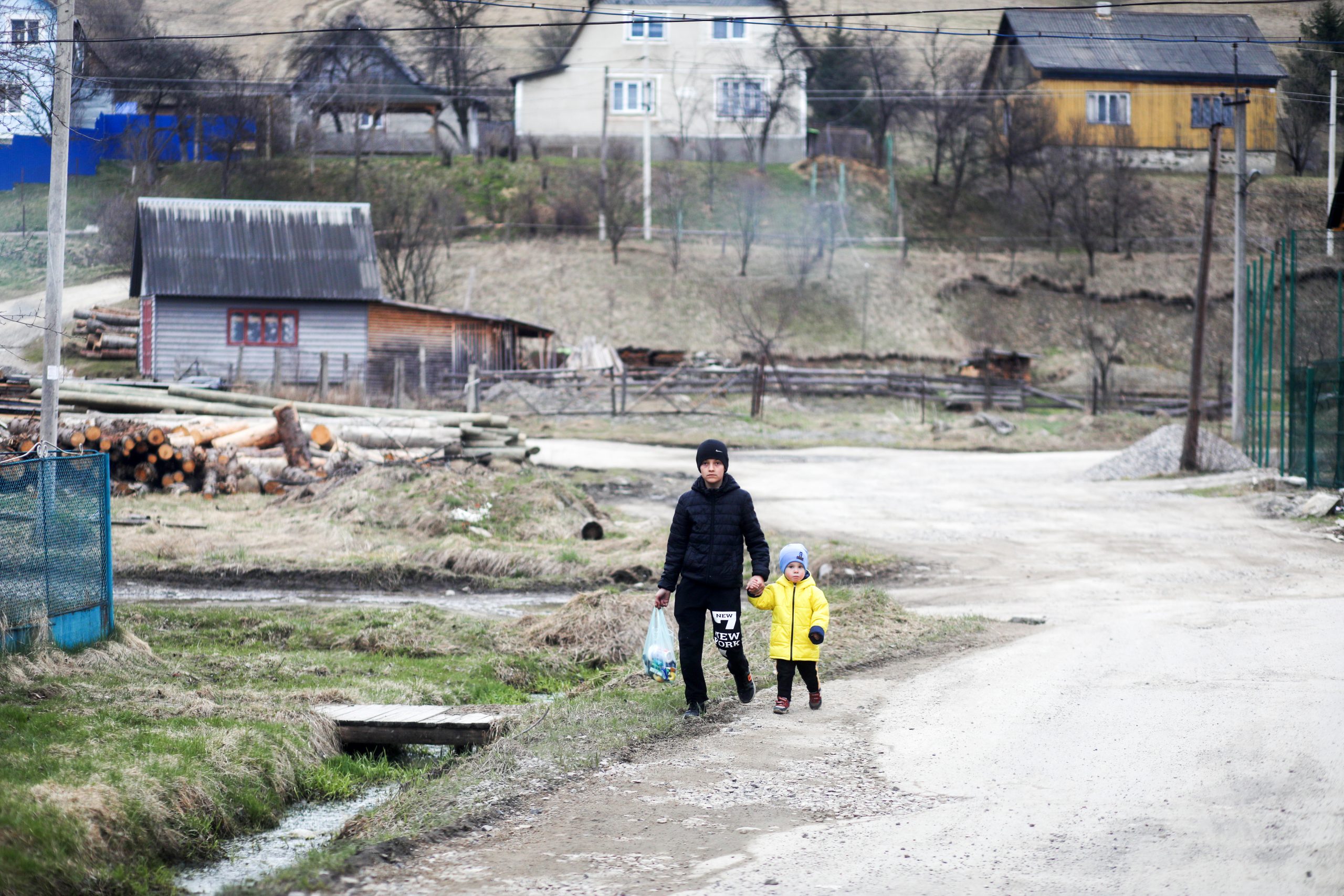
The Hungarian Catholic Caritas Medical Mission is on the road in Transcarpathia. They have a large shipment of donations with them on five microbuses. The destination is the interior of the country, the easternmost settlement still inhabited by Hungarians, Kőrösmező (Yasinia). We cover 200 kilometers, visiting various small villages along the way- destination points where the survival aid can arrive only with difficulty. On-site report from war-torn Ukraine.
This article was originally published on our sister-site, Ungarn Heute.
The streets are peaceful, and everywhere is buzzing with life. People are shopping, and preparing for the Orthodox Easter. At home, however, people flinch when the doorbell rings. Recruitment is underway, the summons is handed personally to the people concerned. A few hundred kilometers from here there is war. Cities are already in ruins, countless civilians are fleeing. About seven million people are seeking shelter within the country, 500,000 of them in Transcarpathia, an enormously high number for the area with only one million inhabitants.
Their fate moves the hearts of many: local governments in cooperation with relief organizations and churches are on duty, and the willingness to help and the solidarity of people is strongly felt everywhere.
The great willingness to donate is overwhelming. Caritas employees are also in constant contact with their partners on the ground and are doing everything they can to support people in need. Dozens of volunteers are providing survival aid on the ground, distributing relief supplies, such as food and medicine, medical aid, and providing psychological support to traumatized people. This crisis could not be overcome without the willingness of locals to donate and volunteer support.
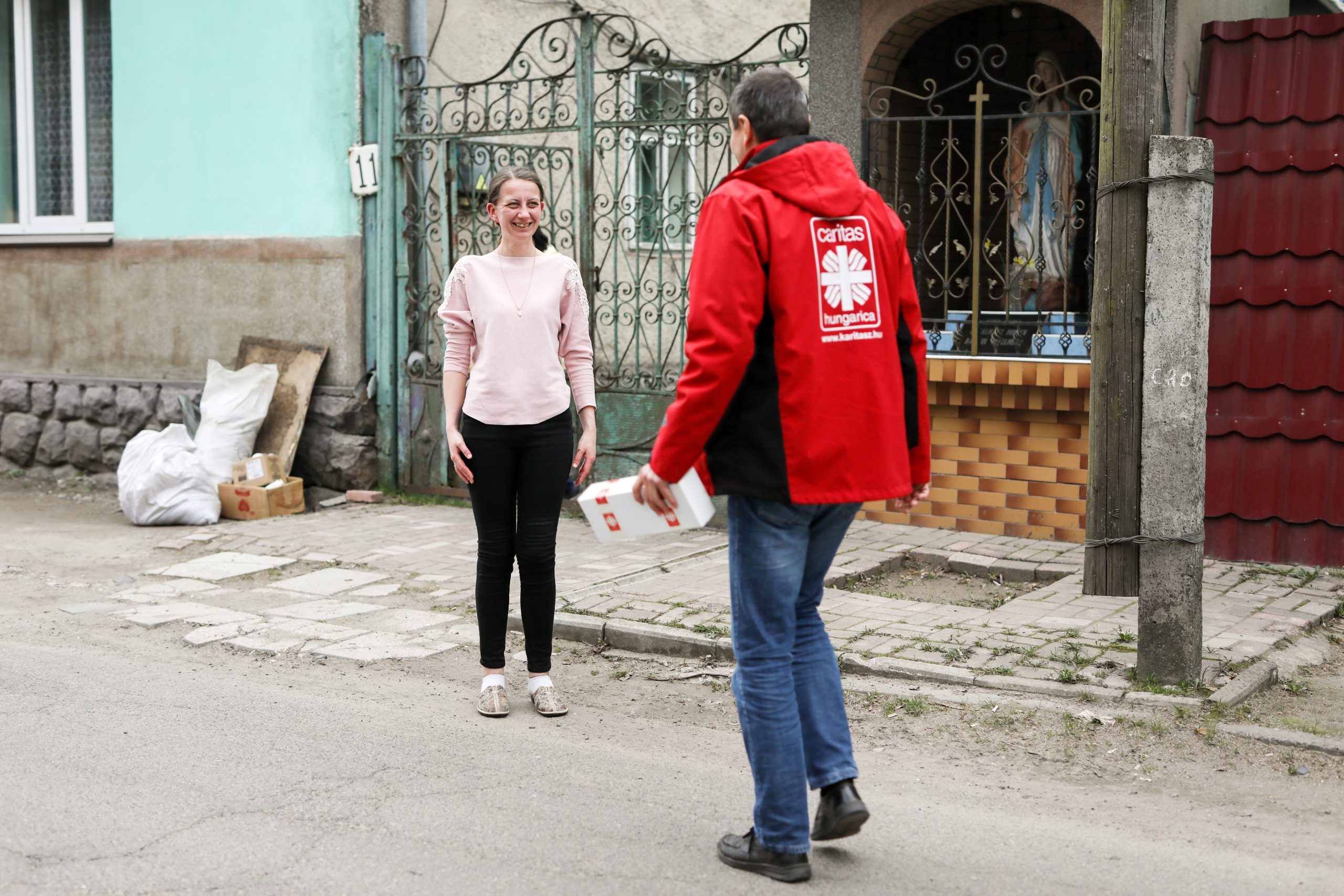
Photo by Zita Merényi/Hungary Today
In cooperation, emergency shelters are created where people can find peace and safety. School buildings – there have been online classes since the outbreak of the war – hospitals in need of renovation have been equipped as emergency shelters.
In Visk (Vyshkovo), the now empty, former hospital has been set up as an emergency shelter. With the help of the local government, villagers, and donations from the Hungarian partner settlements, the building was converted into accommodation for refugees in a very short time. Beds were set up, and locals gathered bedding for 60 refugees. “In a few hours, we had everything available. We are doing everything we can, sticking firmly together,” explains the deputy mayor, Renate Varenka. The local government extended the power supply, and the water pipes and heating were repaired. The Hungarian twin towns donated household appliances, such as microwave ovens, hotplates, washing machines, and televisions. “We are trying to create livable conditions,” said Varenka. So 60 people have found a home here. Many are mothers and have small children on their hands. These young women seem very strong.
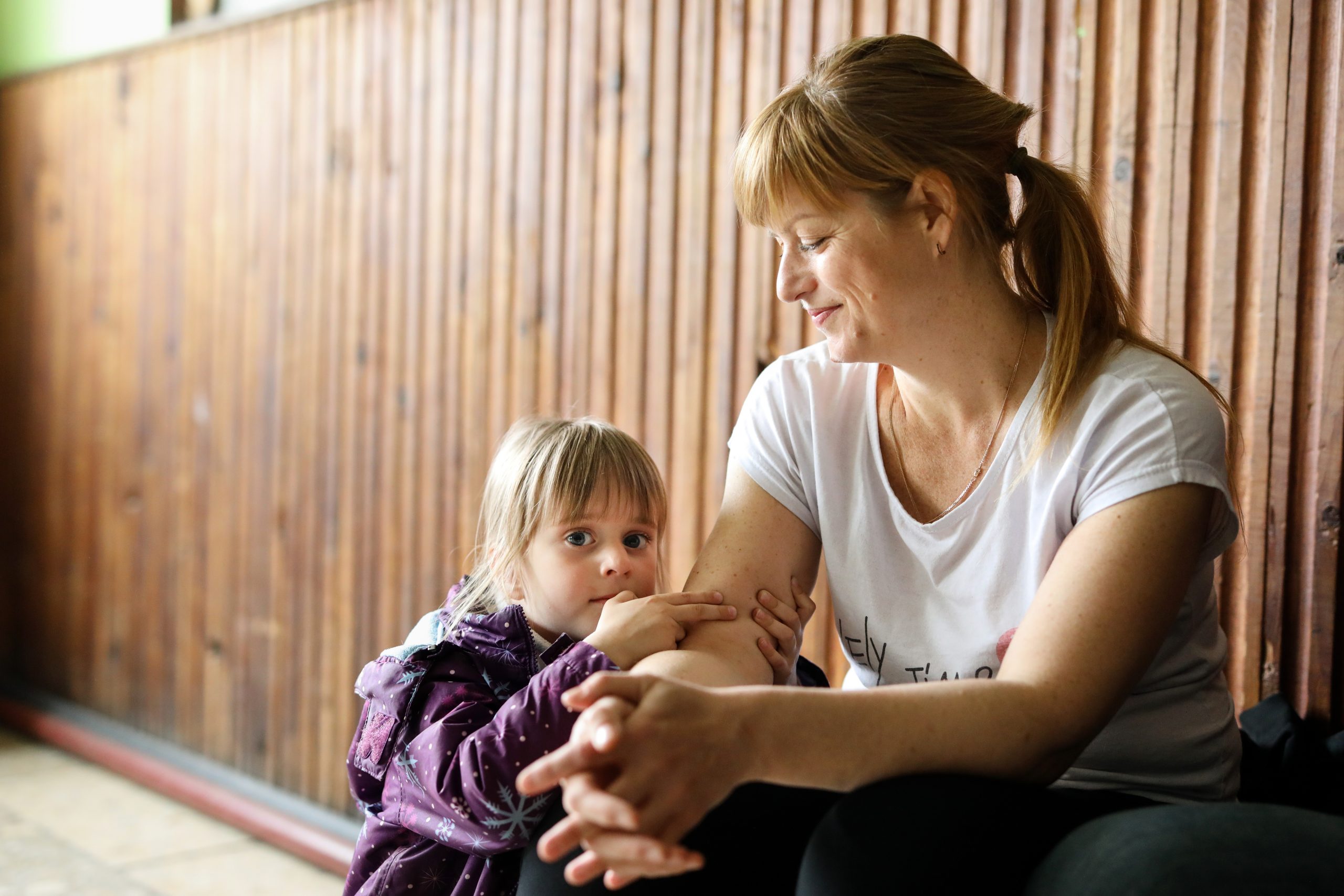
Photo by Zita Merényi/Hungary Today
A woman has fled Chernihiv with her two-year-old daughter. The woman, seven months pregnant, spent two weeks in the basement with the little girl. She gave birth to her baby here. The little girl is two weeks old. They occupy a room full of fresh laundry. Her husband is at war, he does not even know that his second daughter was born.
There are also older children, some are busy with their cell phones, two girls sit in secluded corners, they participate in online lessons. The old building is clean, everything is in order. A woman, Alyona from Irpin, organizes the house rules. Tasks are divided among the women; everyone is involved in the housework.
Our path always leads along the Tisza River. On the opposite side of the river is Romania. On the riverbank, barbed wire fences have been erected for miles to prevent people from escaping to Romania. Giant posters are posted along the way: all in the Ukrainian national colors, yellow and blue. “God, save us,” “Thank God that our eyes could see the morning of the new day!”, “With God, I defeat the enemy,” “God gives strength to our soldiers!” They all express a clinging to God. In this deep crisis situation, man feels that his life is in God’s hands. Locals say that significantly more people now attend church services. Priests report when they ask refugees what they need, they ask for prayer. A prayer chain was started, “Adopt a soldier!”, which many follow, and soldiers say they experience the transcendental power in difficult situations.
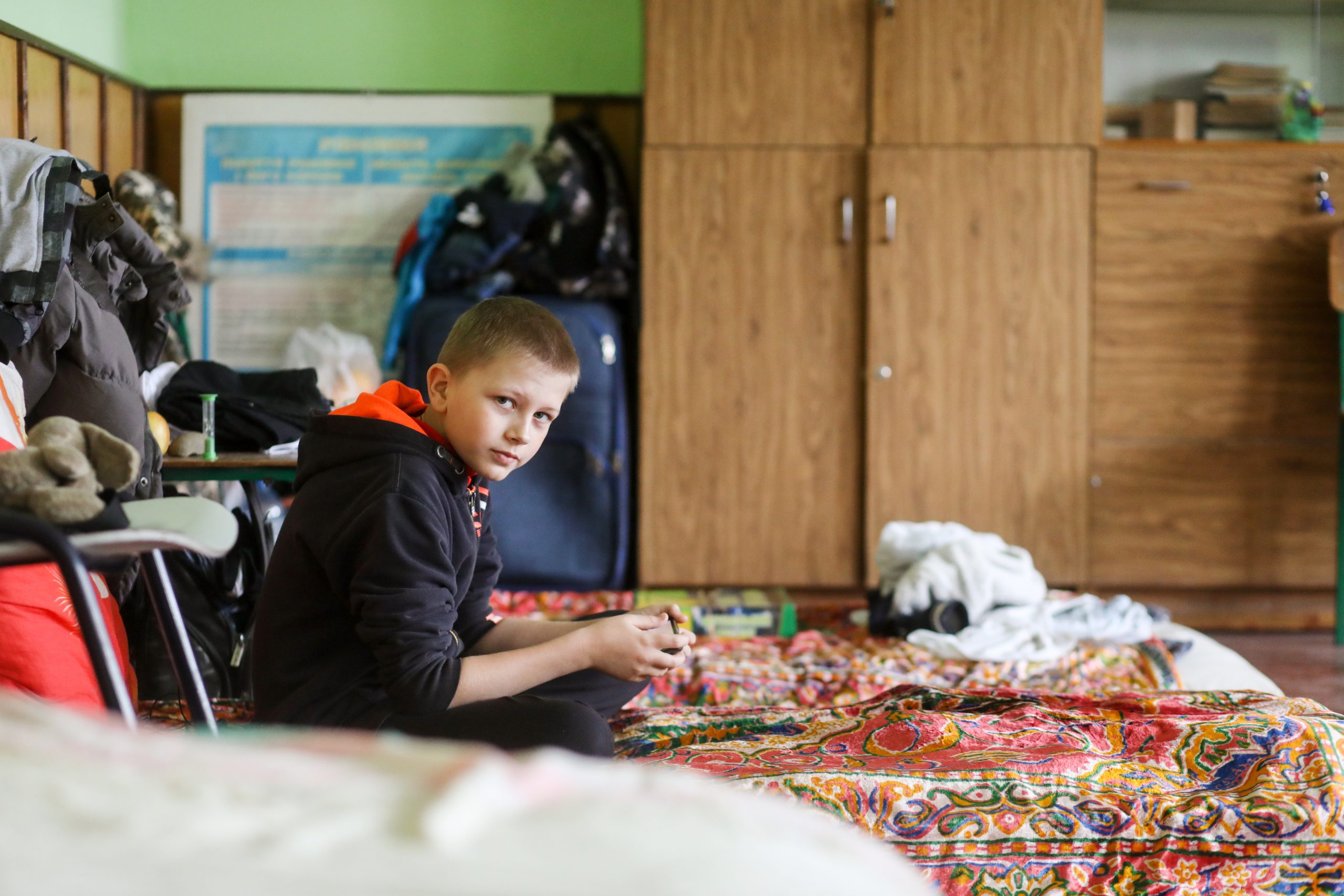
Photo by Zita Merényi/Hungary Today
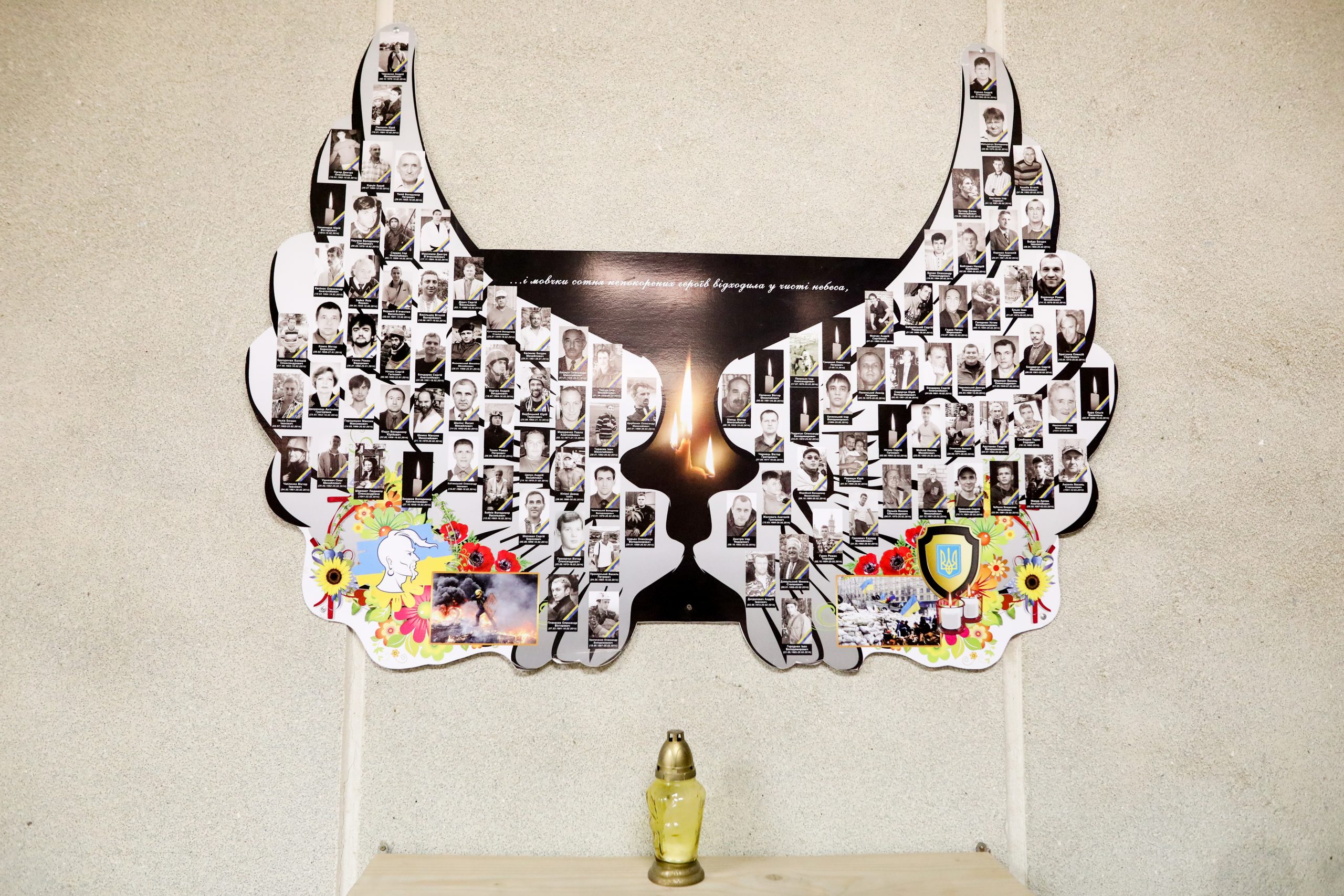
Photo by Zita Merényi/Hungary Today
It is late afternoon when we arrive in Kőrösmező. Our way leads to the Hungarian language school, whose building now serves as a warehouse for relief supplies. This school, together with a Hungarian kindergarten, was reopened with the help of Hungary in 2002 after 80 years of closure. Today, a total of 170 children are educated here. It is a challenge to bring the relief supplies here, this village is the last village in the east where a Hungarian minority still lives, 10% of the 8,000 inhabitants. The donations that arrive here are not only a means of survival, but signs that they have not been forgotten.
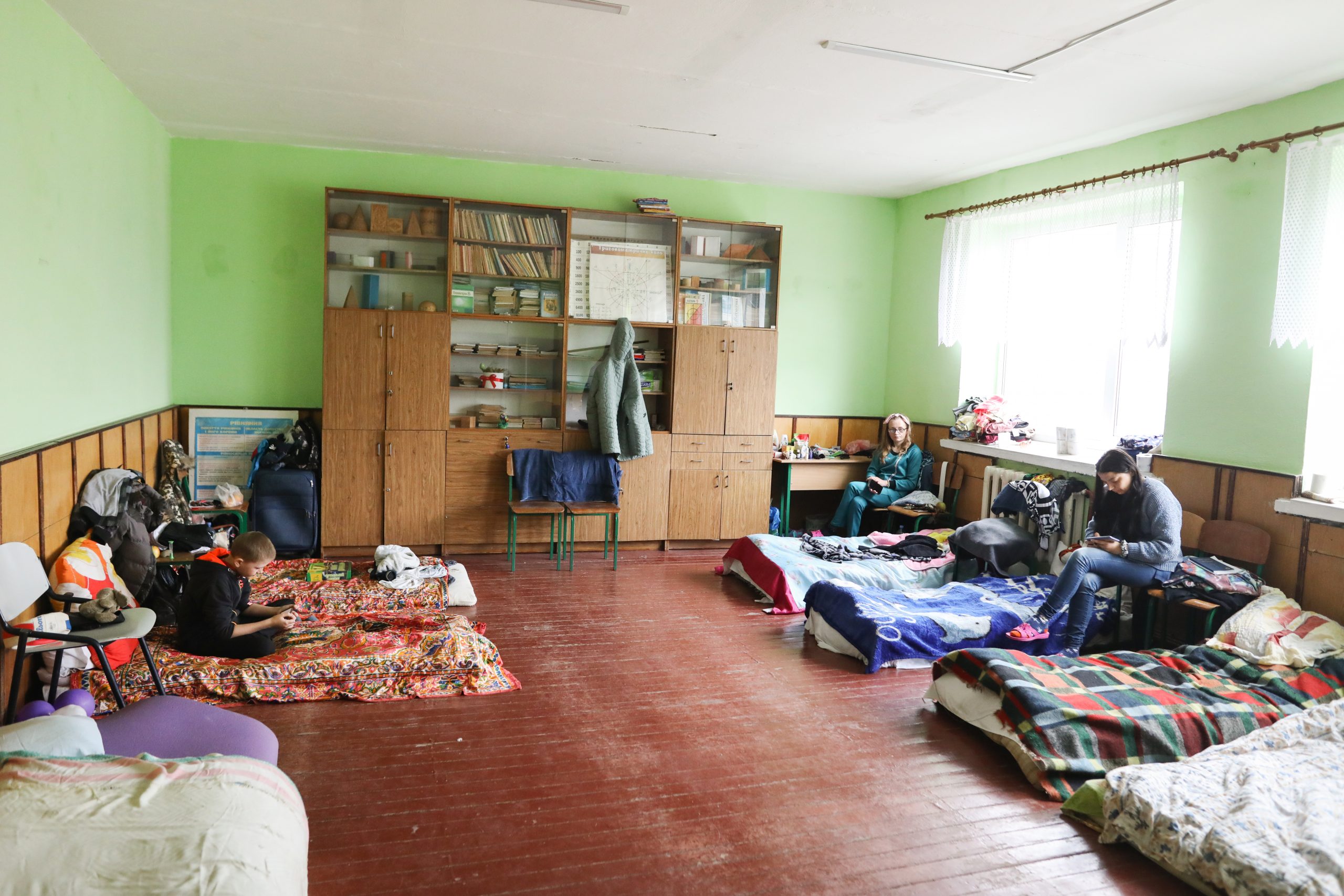
Photo by Zita Merényi/Hungary Today
In Kőrösmező there are also refugees. The large Ukrainian school has been converted into an emergency shelter. In the classrooms there are cots and mattresses, there are almost 70 people here. In the school building, Ilona, a local woman, organizes food for the refugees in the school. Ilona runs the kitchen, with the help of the refugees. 350 lunches and dinners are cooked here every day. Her daughter Alexandra helps us as an interpreter during our visit. Alexandra’s whole sympathy is for the people who are on the run. She works in Hungary and spends Easter vacations at home.
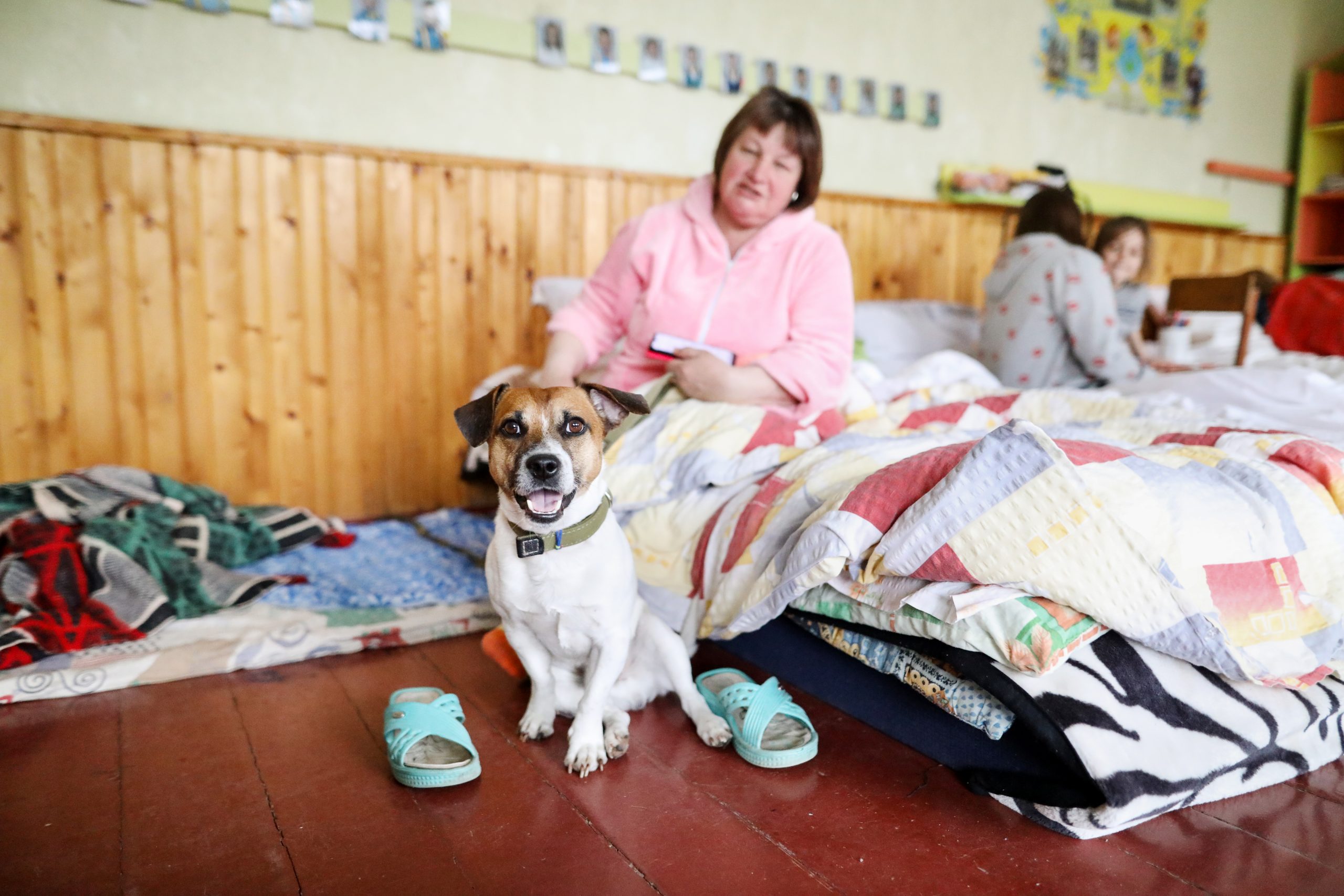
Photo by Zita Merényi/Hungary Today
A family from Irpin tells us: “We never thought about leaving. Irpin is our hometown. We never abandoned it.” For the family, the most important thing seems to be when they will be able to return to their home.
One woman is from Mariupol.
We left the city of Mariupol when the city was already surrounded and repeatedly bombed with artillery and from the air. We had to take shelter in the basement. Food and water were not available. We filled up a bathtub with water just in time, we drank from it for two weeks.”
A woman has just arrived with her three-year-old son. She said goodbye to her husband a few hours ago and does not know when or if they will see each other again.
Many people feel this way, they don’t know where their relatives are or whether their own house is still standing.”
There are refugees from Harkiv in the parish. When we visited them, they insisted on offering us tea and cookies, sharing what they have with us.
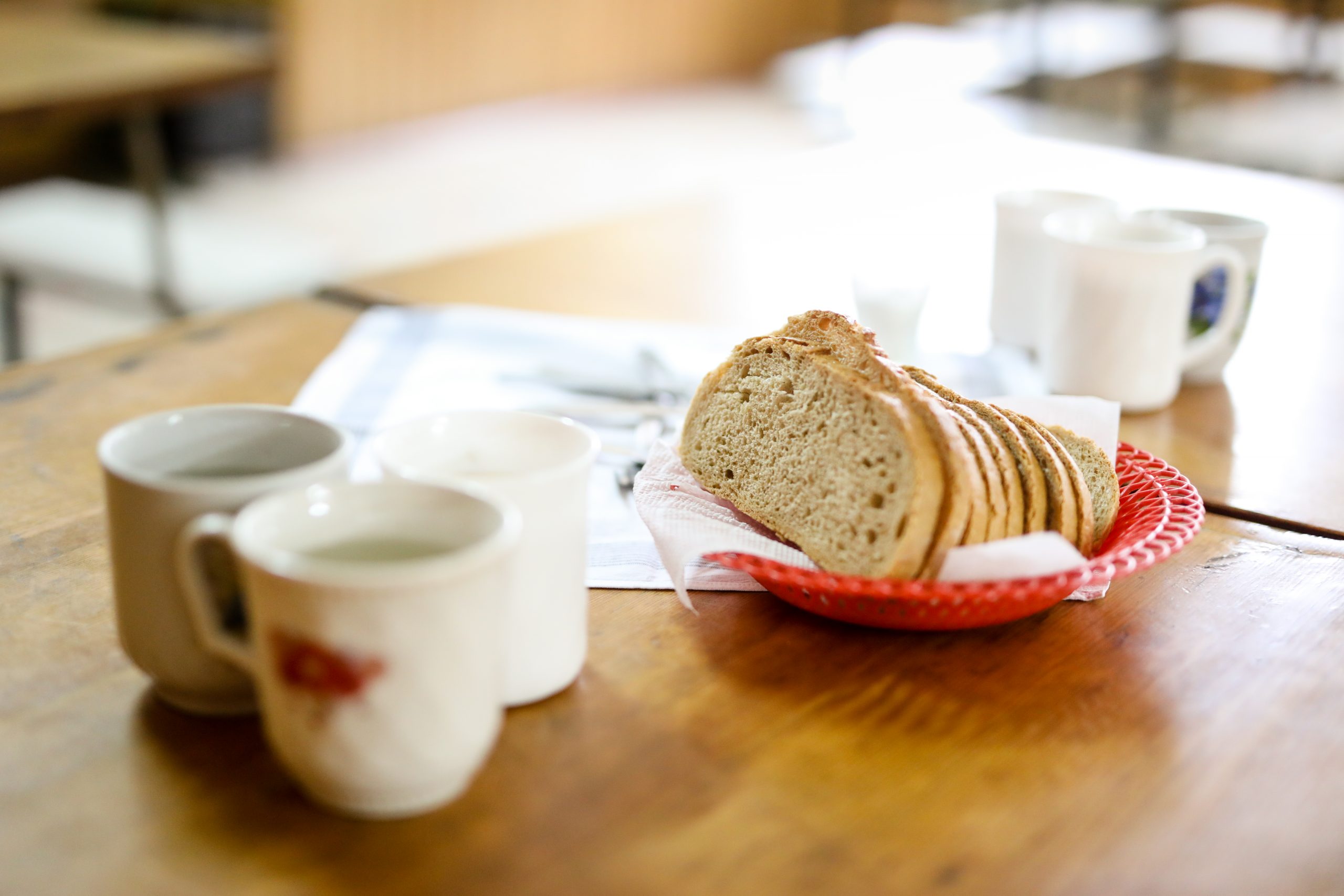
Photo by Zita Merényi/Hungary Today
A woman’s husband is in the battle. She longs for the end of the war, but she says she would rather have war than bad peace. She hopes for victory. Unlike the old man, Vladimir Ivanovic. He belongs to the generation that lived through the Second World War. He knows that nothing is more important than peace, and there is nothing more precious than human life.
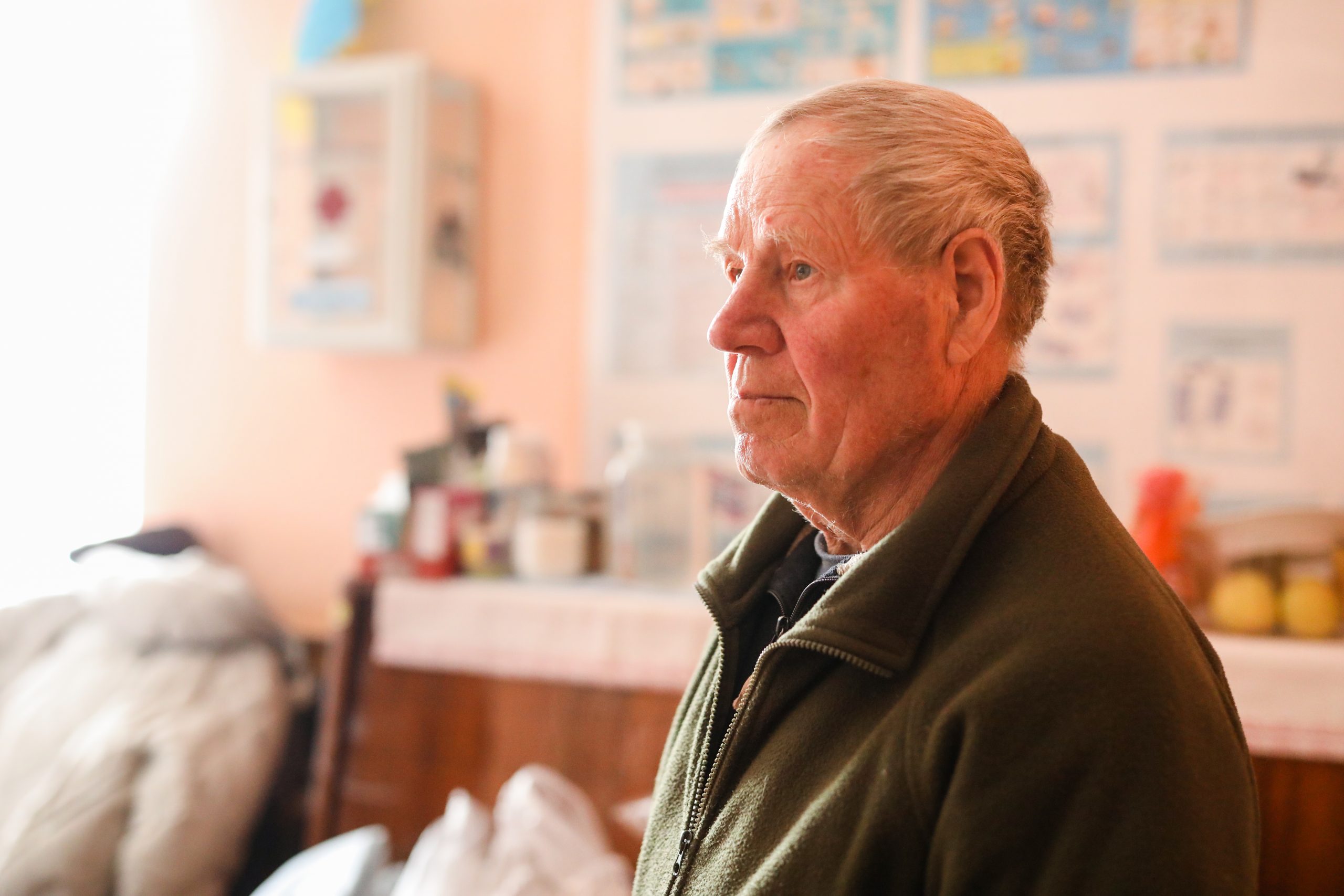
Photo by Zita Merényi/Hungary Today
Much suffering, uncertainty, and fear are everywhere. No one knows what the future will hold, and how the war will end. One thing is certain: the effects of the war will last for a long time.
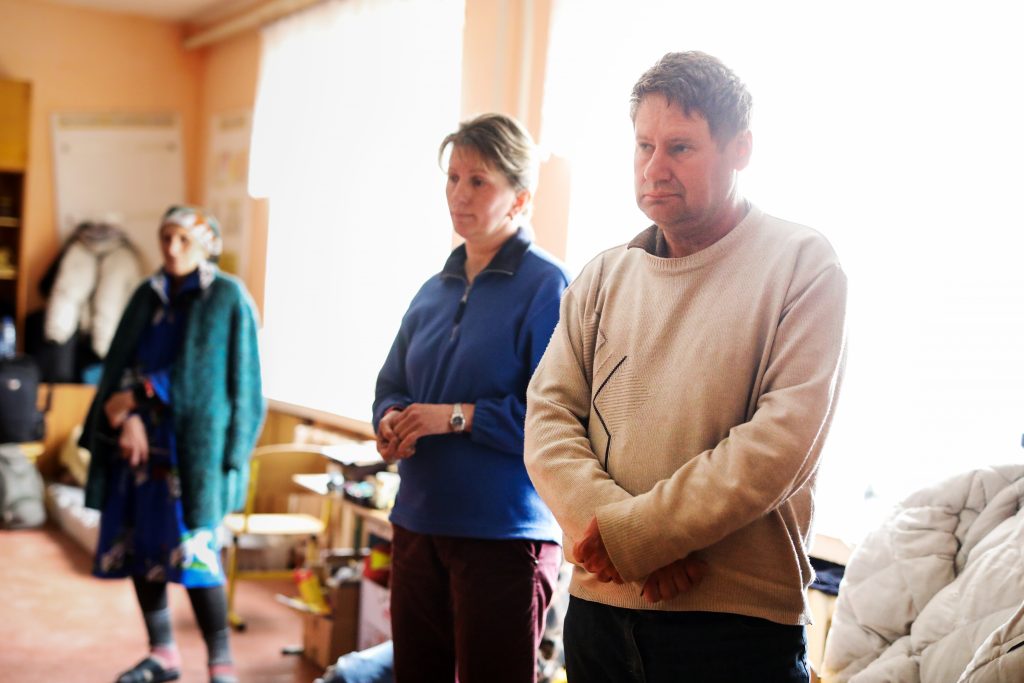
Photo by Zita Merényi/Hungary Today
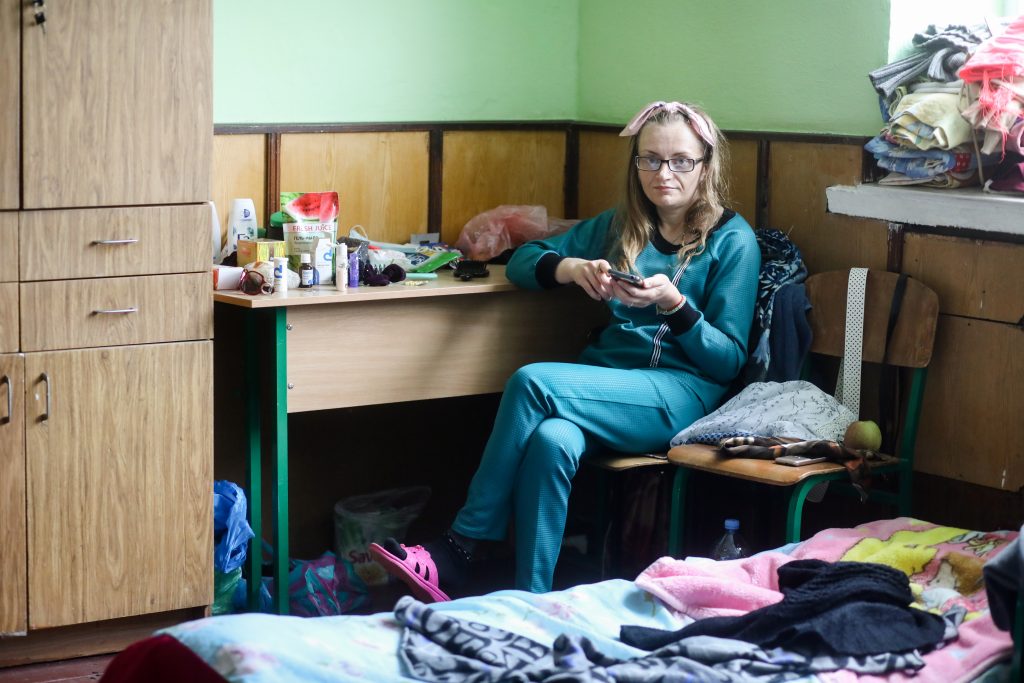
Photo by Zita Merényi/Hungary Today
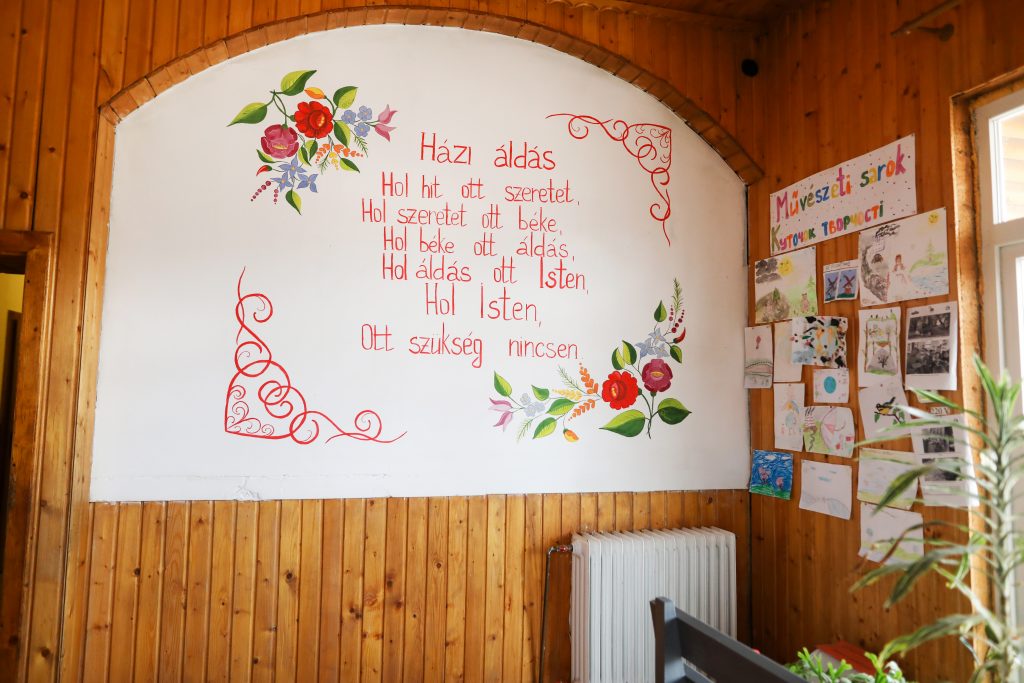
Photo by Zita Merényi/Hungary Today
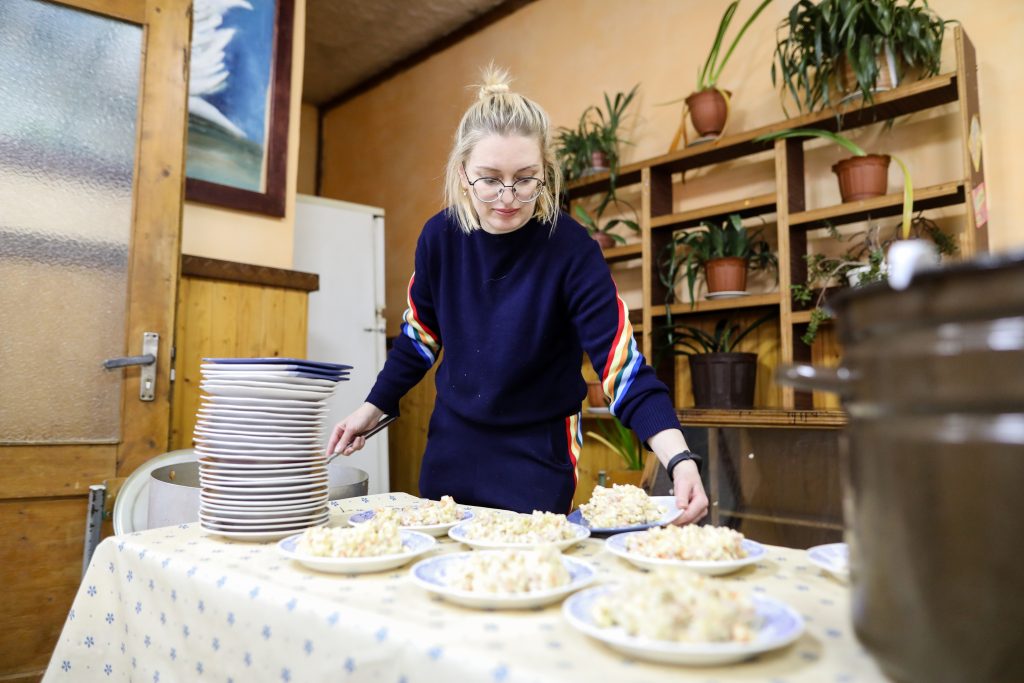
Photo by Zita Merényi/Hungary Today
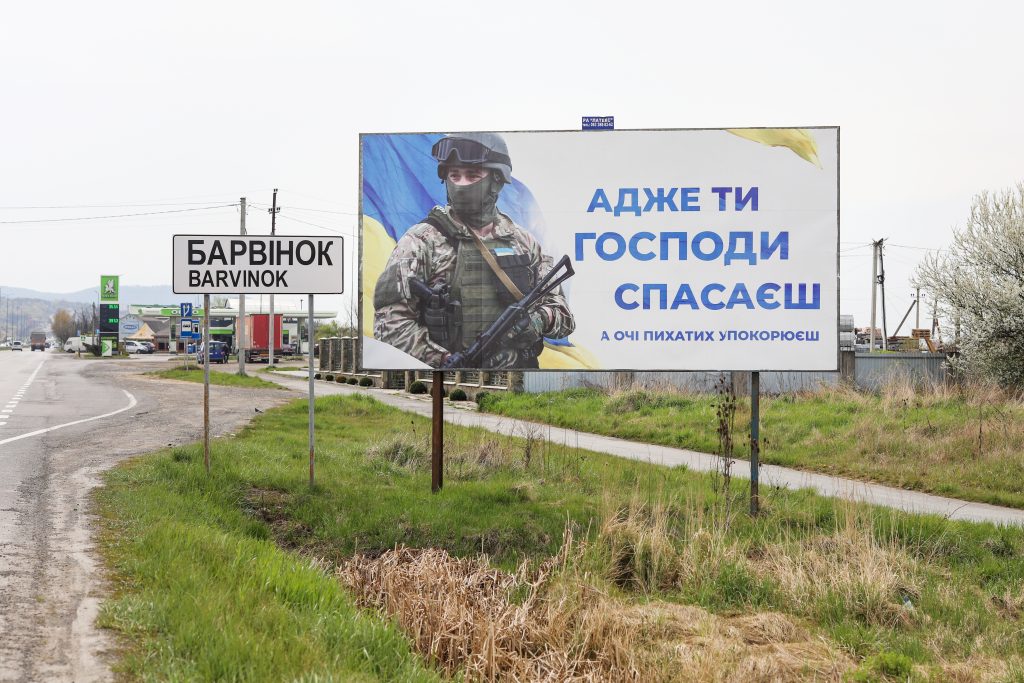
Photo by Zita Merényi/Hungary Today
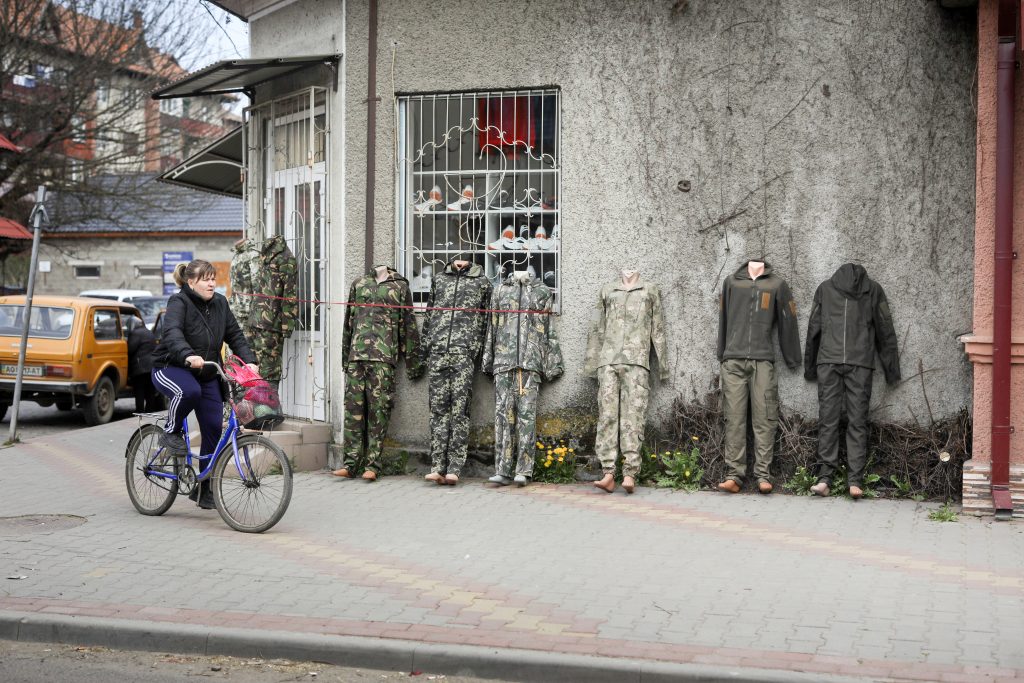
Photo by Zita Merényi/Hungary Today
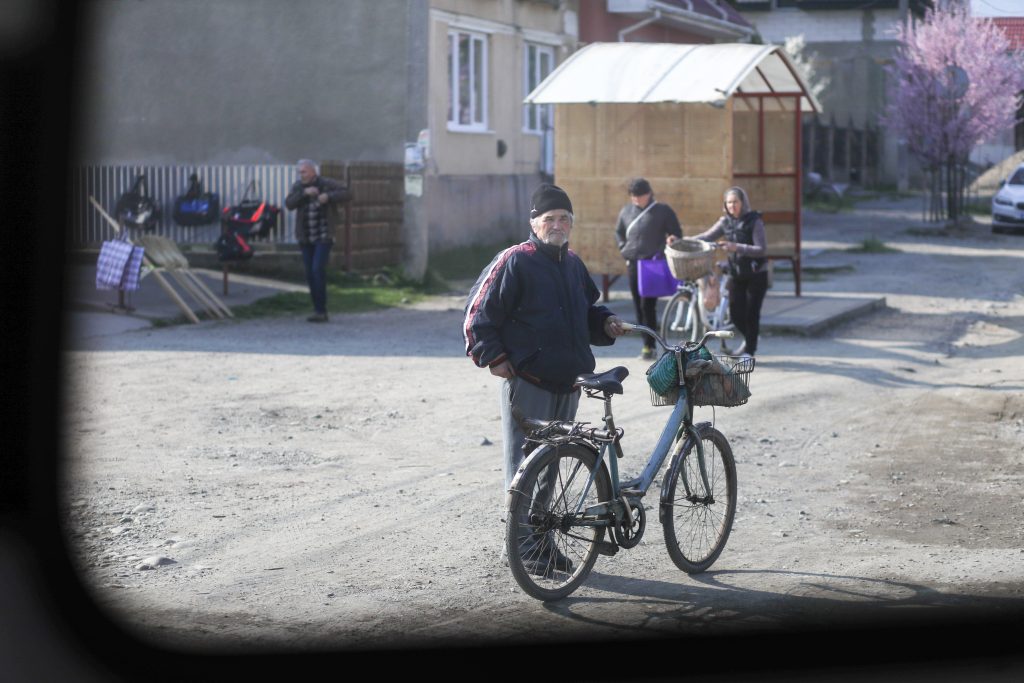
Photo by Zita Merényi/Hungary Today
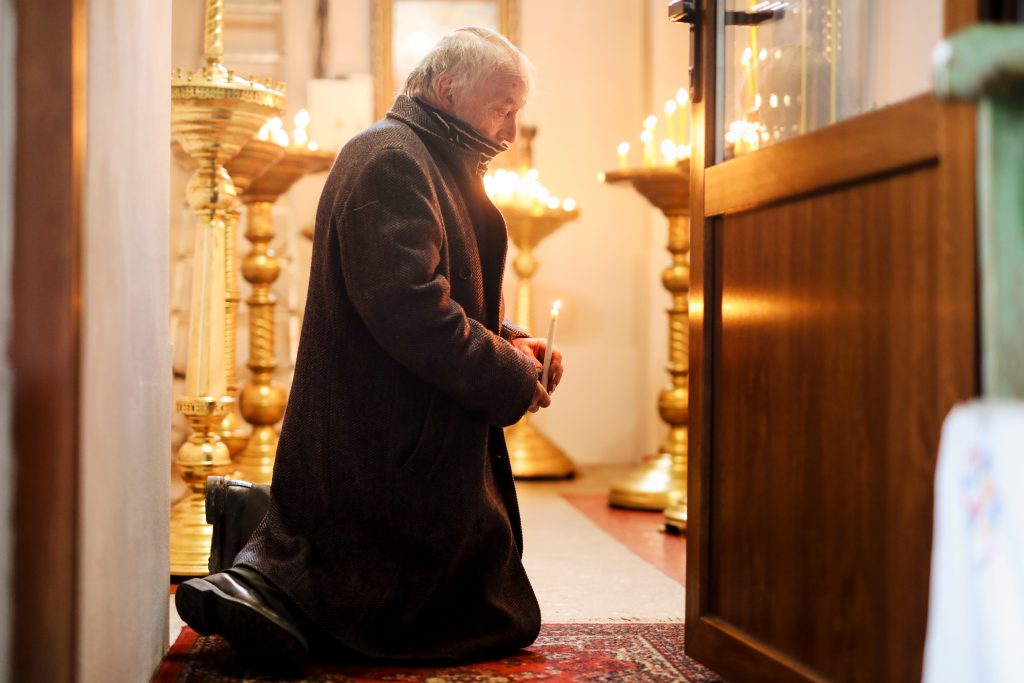
Photo by Zita Merényi/Hungary Today
Featured image by Zita Merényi/Hungary Today